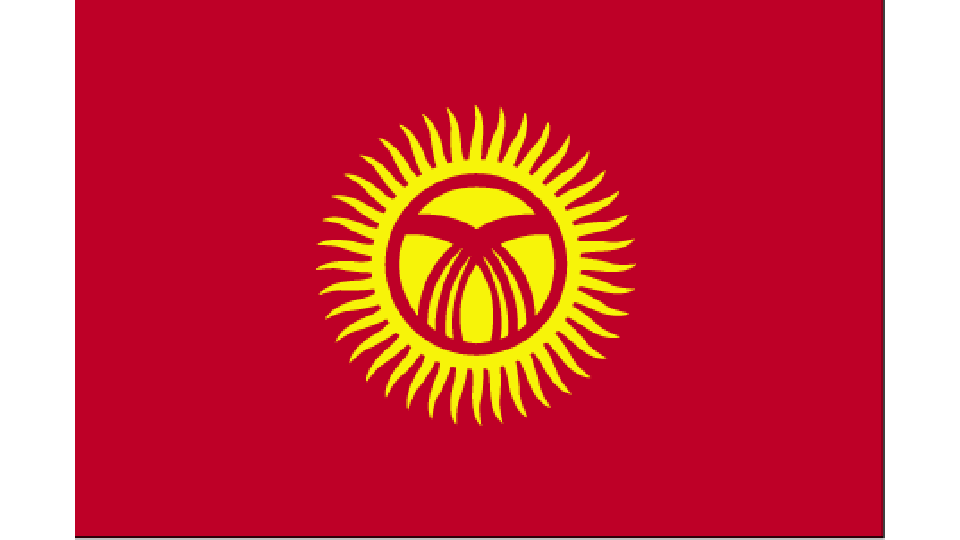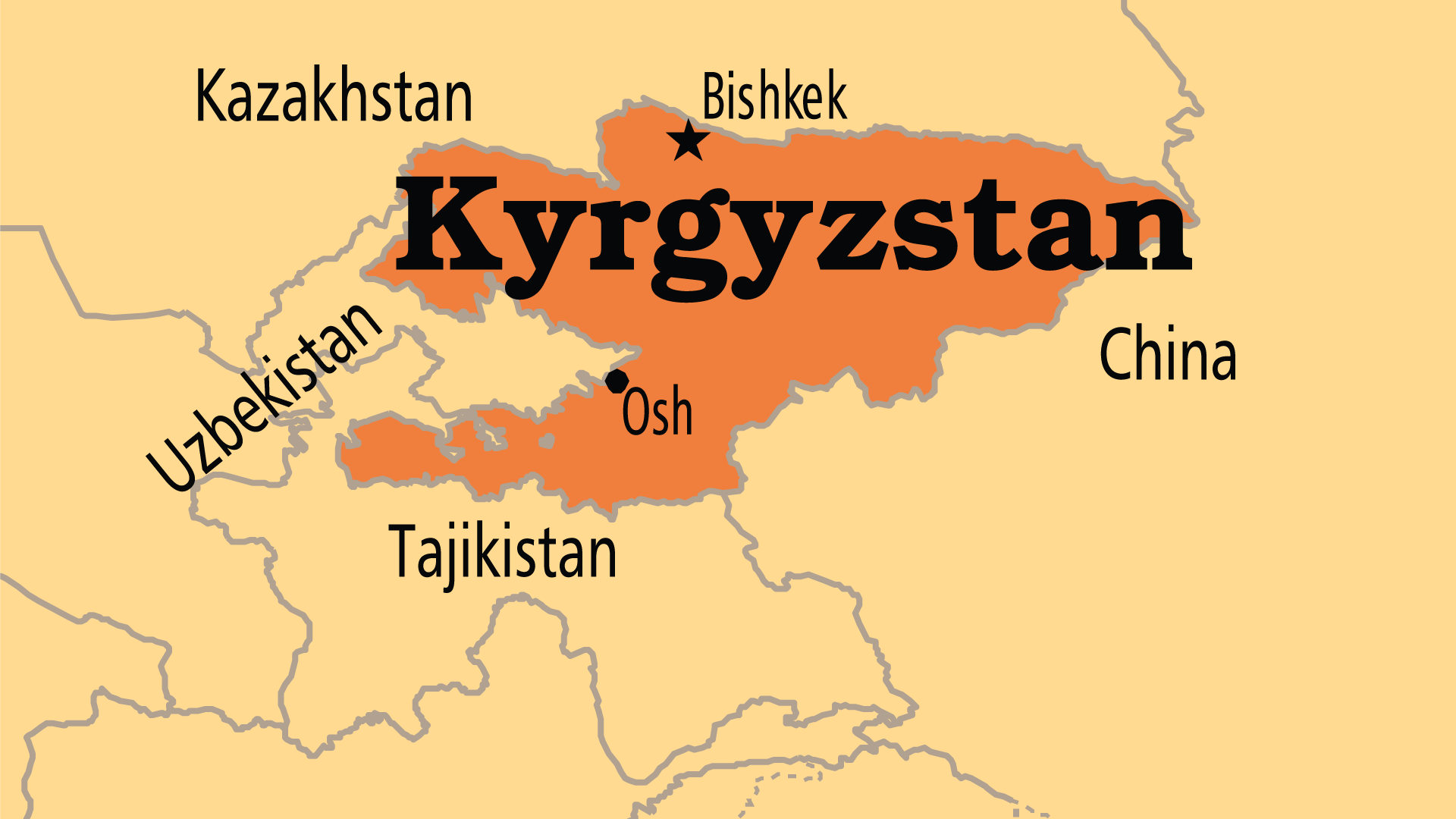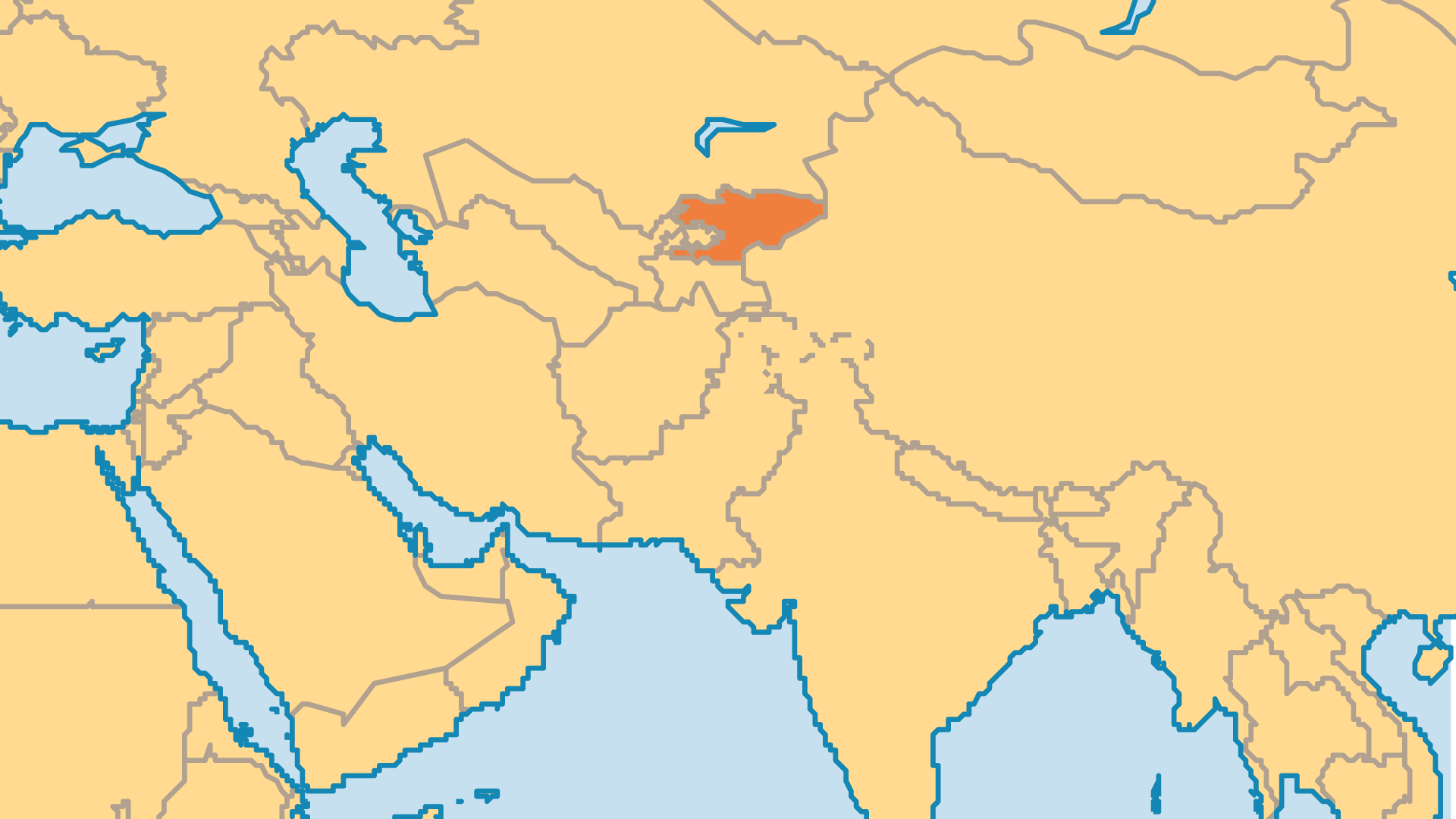Pray today
The government needs courage, resources, and even miracles to make right the economy and society. The regimes that followed Communism have so far only brought more corruption, crime, and poverty. Many people migrate from rural to urban areas, which results in large slum populations in Bishkek. Others leave the country to find work. Pray for Christians to find good, legal jobs. High rates of alcoholism, drug trafficking, gambling, and prostitution create huge challenges. The poor, elderly, and disabled suffer the most. Pray that believers can address these challenges, and positively affect their society and economy.
More
A resurgent Islam: The vast majority of Kyrgyz are culturally Muslim, but practice and understanding of Islam are low. Northern Kyrgyz are more Russian-influenced, but southerners are more traditional and Islamic. Muslim missionaries (200 registered, many more unregistered) from several nations seek to strengthen and purify Islam. Around 2,000 mosques and prayer rooms were built between 2000 and 2005, mostly funded by foreign money. The close association of Kyrgyz cultural identity and Islam makes becoming a Christian a difficult decision; the same holds true for other Central Asian peoples.
Shamanism and ancestor worship are significant forces beneath the façade of Islam. Fear of the "evil eye", use of amulets, the occult and demonization are widespread. Shamans still wield great influence.
Christianity was exclusively limited to the non-indigenous communities before 1990, primarily Orthodox (mainly Slavs) and Protestant Germans. Large-scale emigration since the late 1980s has reduced Orthodoxy to a fraction of its previous population. Baptists, Pentecostals and Adventists face the struggle against decline through emigration. Newer post-1990 denominations have grown, with an increasing Kyrgyz component. The most notable growth is in charismatic churches, particularly the multicultural Church of Jesus Christ. The heady growth of the decade after independence, however, has all but halted and, in some cases, has reversed.
Expatriate Christians number several hundred from Asia, the Americas and Europe. Most are tentmakers and need to minister with discretion. Missionaries need to work with the goal of developing the local church so that it is strong and has a healthy relationship with the global body of Christ. Good relationships between national and expatriate believers is also a key; several informal networks focus on unity and strategy for all believers working for God's Kingdom in Kyrgyzstan.
Persecution is partly the consequence of church growth and evangelism in a Muslim land. The government is taking a harder line toward any religious expression which it feels may cause social or political instability, and this includes evangelicals. Registration is commonly denied to churches, and expatriate work permits are limited. Beyond growing government hostility, resurgent Islamism targets evangelicals with intimidation, property destruction and physical violence. Scaremongering by Muslims, claiming astronomical and untrue growth in the churches, helps little. Pray for believers to stand firm and demonstrate the power and love of Christ.
The less evangelized for prayer:
- The rural and semi-nomadic pastoralist Kyrgyz who usually live in more remote villages. Few have heard of Christ, and the majority of the nation's unreached live in rural areas.
- The Fergana Valley in the south is shared with Tajikistan and Uzbekistan. The Tajik and large Uzbek minorities (770,000 combined) are mostly unreached. This is where Islamic insurgents flow in across the borders and where Islam is more strident. The few successful church plants here are meeting significant opposition.
- The Dungan are descendants of Chinese Muslim refugees who speak Chinese but use a Cyrillic alphabet. In 2000, a significant multi-agency effort to reach them began.
- The many smaller ethnicities blanketing the country who have little to no specific outreach: Tatars, Chinese, Uyghur, Jews and many others.
More Information
- Get all of this content and daily notifications in our free mobile app. Download here ›
- Sign up for a daily e-mail that gets you the featured prayer point of the day straight to your inbox.
- This content is a curated selection of points from our book, Operation World. Find out more about it and all the rest of Our Publications ›
Content taken or adapted from Operation World, 7th Edition (2010) and Pray for the World (2015). Both books are published by InterVarsity Press. All rights reserved.


